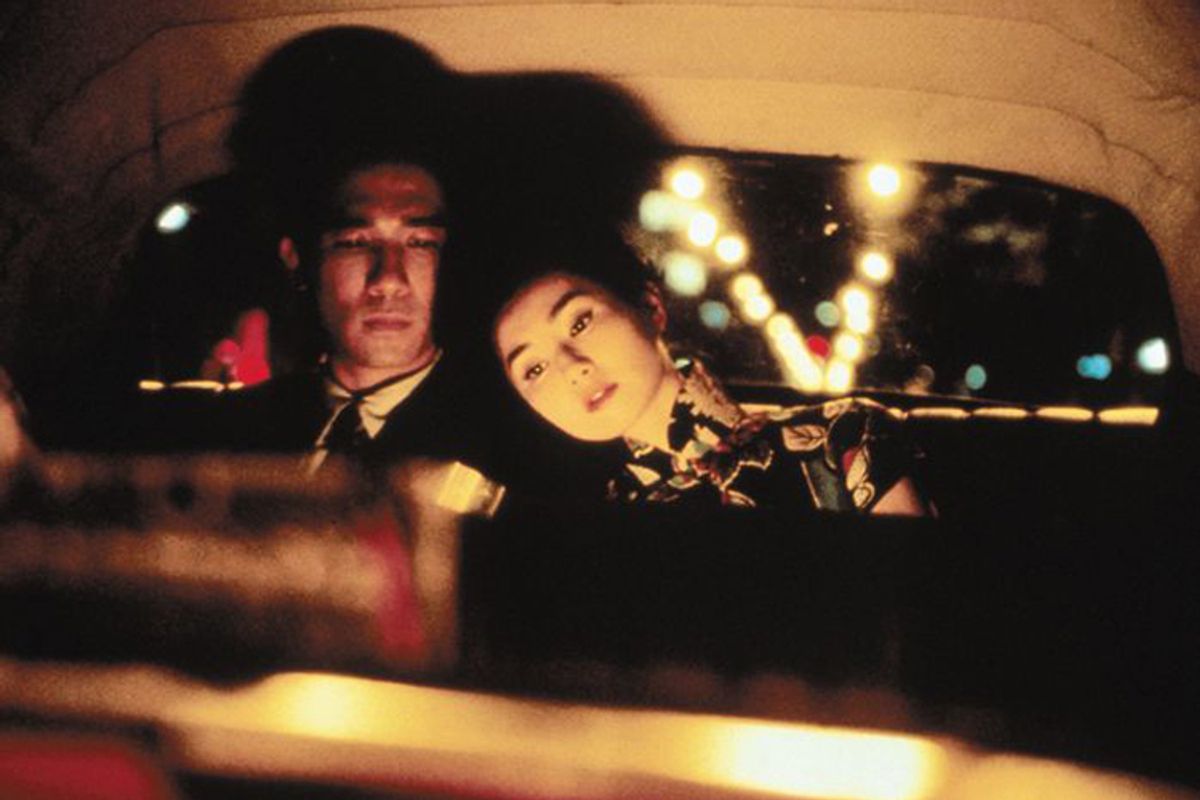Chinese director Jia Zhangke is among that rare breed of filmmaker capable of combining stunning artifice with documentary truth. After making a few low-budget underground films about provincial slackers, and at a time when most of the so-called Fifth Generation filmmakers had resigned themselves to collaborating with the powers-that-be, Jia took up the slack. He began to tackle larger social issues with a much more refined aesthetic in such films as "The World" (2004) and "Still Life" (2006). In the latter, one of the most provocative movies of the past decade, he exposes the folly of the Three Gorges Dam, a project conceived under Mao and executed by contemporary technocrats. During its construction, the government destroyed the city of Fengjie, displacing 1.2 million residents.
Two characters who never meet arrive there to tie up loose ends. A woman (played by the director's muse, Zhao Tao) seeks her husband to finalize their divorce; a man looks for the daughter he had abandoned years before. Jia is careful not to diminish the value of his protagonists' lives against the huge, impressive backdrop of gorgeous mountains haloed in fog, the wide Yangtze River, the strangely attractive remnants of centuries-old towns, even the bland new replacement cities in the distance. His palette and the narrative itself are distinctly Chinese: Jia has said he wanted to create a cinematic version of ancient scroll paintings. Winner of the best-film prize at Venice in 2006, "Still Life" testifies to the inner strength of the powerless residents and boldly challenges the decision-makers who care more about technological "progress" than quality of life.
Film Salon has invited a group of special guests to write about their favorite film(s) of the 2000s. To read the entire series, go here.



Shares